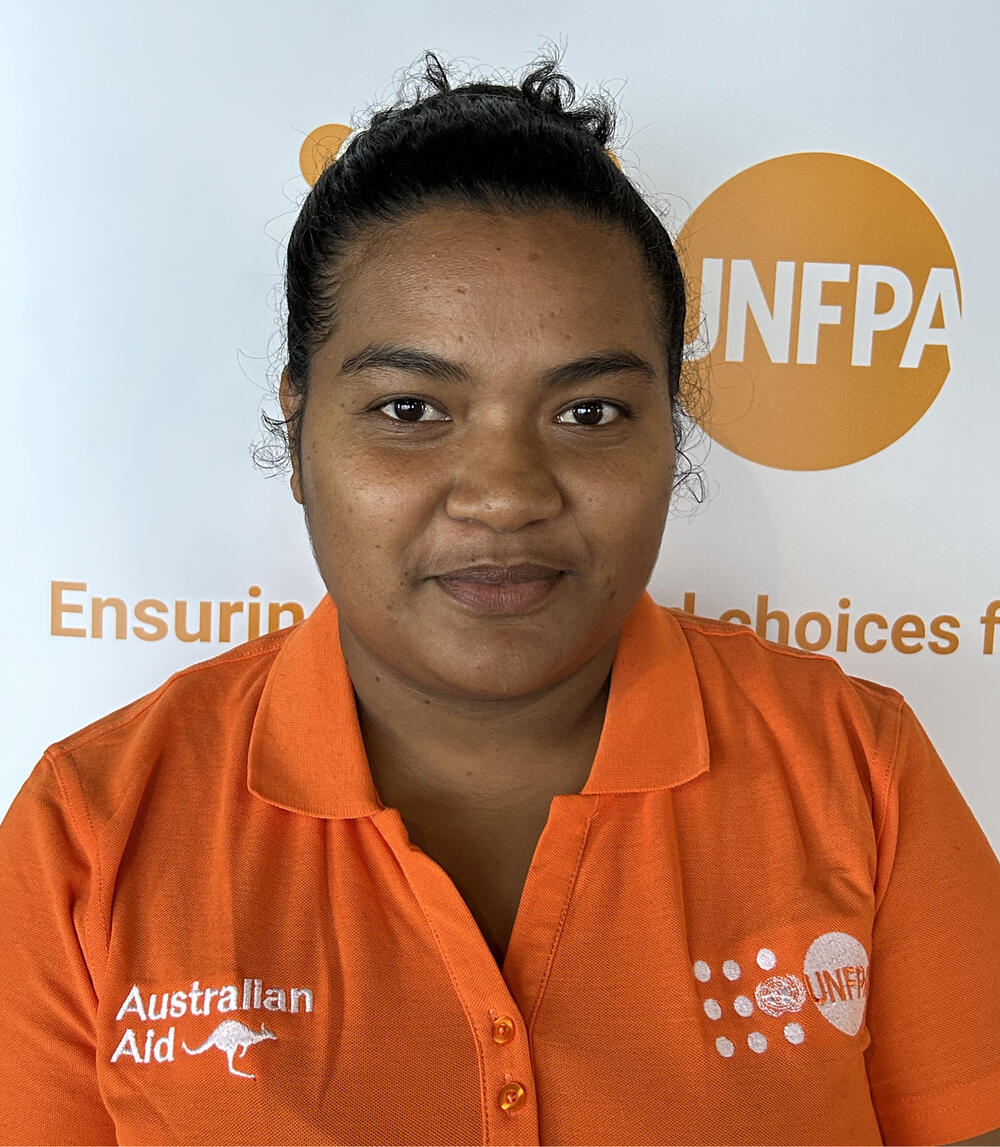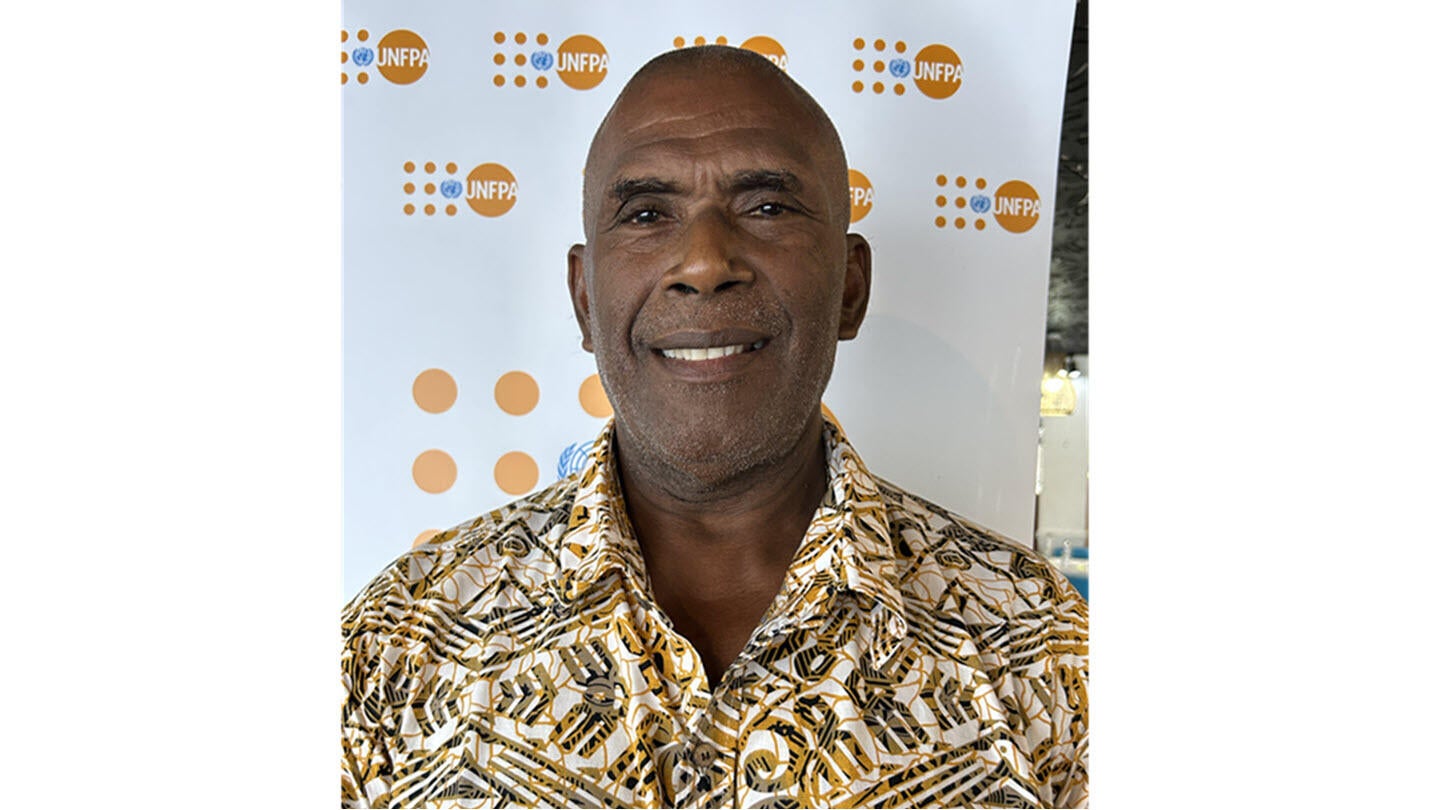In a significant effort to address urgent maternal, newborn, sexual and reproductive health issues, UNFPA Pacific is actively engaging and building partnerships with religious leaders and churches in the central Pacific country of Nauru.
Last month, a two-day workshop was conducted to foster understanding and agreement between public health experts and church leaders. The workshop brought together 26 church and religious leaders from across Nauru. The discussions centered on key issues such as reducing teenage pregnancy, encouraging health-seeking behaviors for maternal and newborn care, preventing gender-based violence, and ensuring young people receive accurate, respectful, and faith-aligned information on SRHR. Ways to integrate these themes into weekly sermons, youth programming and broader church teachings are all possible avenues to integrate otherwise sensitive issues into community discourse in a manner that is respectful, faith-aligned and grounded in shared values.
“We have a health department in our church. We talk about nutrition and other health aspects, but we never talk about sexual and reproductive health and rights.” said Iriving Vagha, Pastor of the Seventh Day Adventist Church. “Thanks to UNFPA, I learned so much and I will integrate messages on sexual and reproductive health and rights in our regular sermons and teachings.”
Despite its small size (21.1 square kilometres) and population of around 12,000, Nauru grapples with significant demographic challenges. A striking 56% of its residents are under the age of 25, and the country faces a critical issue with adolescent births, recording a rate of 78 per 1,000 – a figure that ranks among the highest in the Pacific. These statistics underscore the urgent requirement for impactful and culturally appropriate interventions.
Julyn Motusa, a youth representative from Nauru SD Church underscored the importance of the initiative; “We have youth coming to our church and they need to be taught about sexual and reproductive health. This workshop has truly opened my eyes. To effectively and respectfully communicate this sensitive information, I would greatly appreciate further support from UNFPA. This training has equipped me to better guide myself as a youth leader within the church and also as an elder sister, enabling me to help others stay safe and understand how to protect themselves from harmful practices.".

In contexts where discussions around sexual and reproductive health may be considered taboo or culturally sensitive, the involvement of faith leaders is not only strategic but essential. Faith leaders, through their trusted roles and consistent presence in the lives of their congregants, are uniquely positioned to serve as advocates for health and wellbeing. Their voices can play a pivotal role in shifting social norms, supporting behaviour change, and ensuring that even the most sensitive issues - such as family planning, maternal, newborn, sexual and reproductive health and violence prevention - are addressed with empathy, dignity, and moral clarity. Their ability to interpret and contextualize public health messages within religious frameworks ensures that communities do not feel these messages conflict with their beliefs, but rather complement and enhance them.
This initiative underscores UNFPA's ongoing commitment to collaborating with faith-based organizations as essential stakeholders in advancing all aspects of maternal and child health, alongside sexual and reproductive health and rights. The outcomes of the workshop are anticipated to inform future collaborative programmes aimed at fostering a healthier future for Nauru's population. UNFPA believes that this faith-based collaboration is not merely a vehicle for dissemination - but rather a catalyst for transformation.


